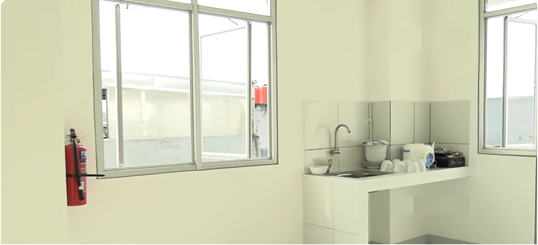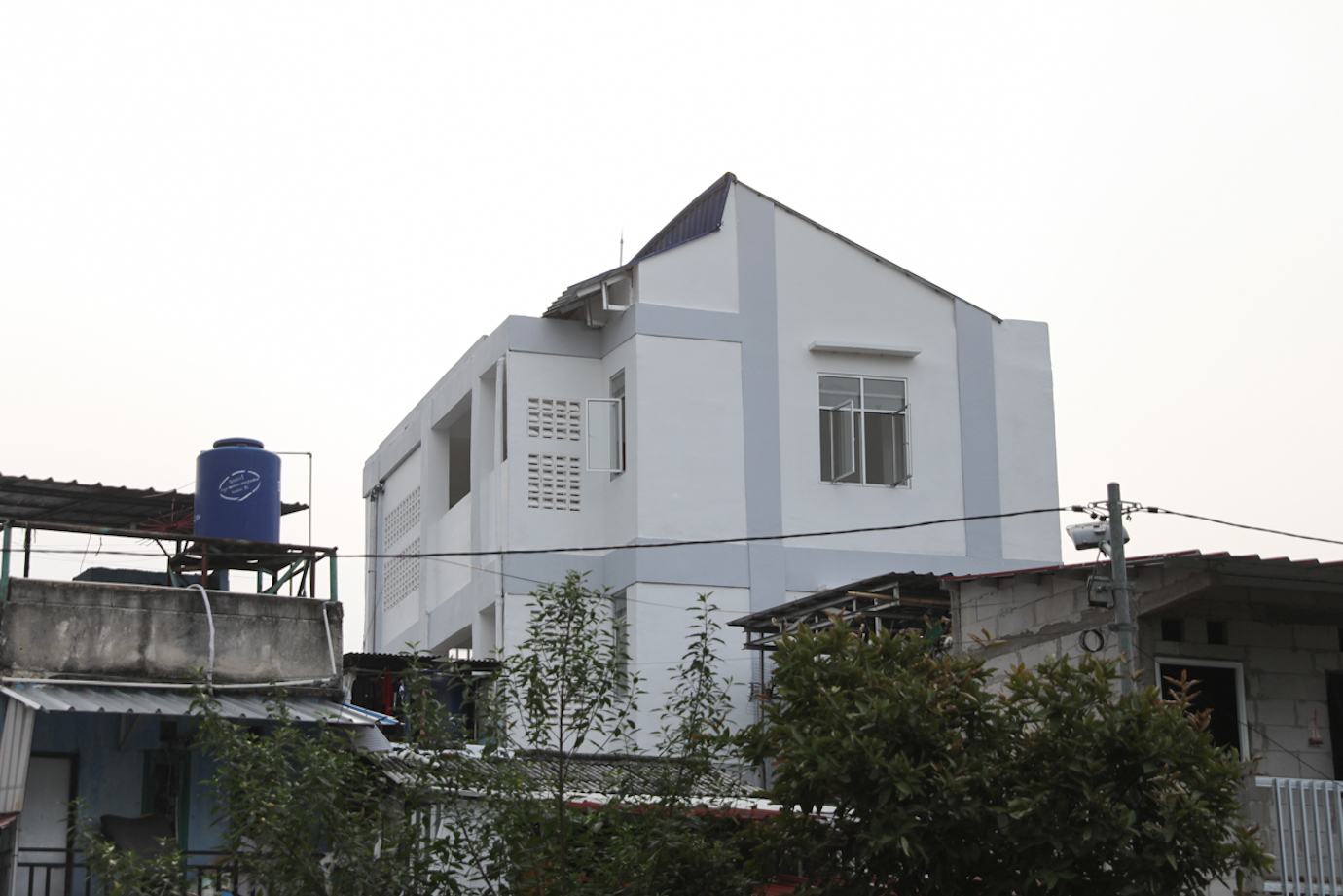
Low-Rise Solution to Transform Slum Areas
by: Natasya Gracia Filia
The DKI Jakarta Provincial Government recorded a total of 450 Rukun Warga (RW) categorized as slum areas in 2023, accounting for approximately 16% of the city’s total 2,744 RW. A comprehensive improvement program targeting 200 of these identified slum areas is underway, with plans to address the remaining 250 RW by 2026.
One of the slum areas included in this improvement program is RW 008 in Kelurahan Palmerah, Kecamatan Palmerah, West Jakarta. This densely populated area is characterized by semi-permanent residential buildings, narrow alleyways, and overcrowding. Alleyways are barely half a meter wide, lined with cramped, two-story homes. Overcrowding is severe, with multiple families sharing single rooms, some as small as six square meters space for up to six people. Many homes lack basic amenities such as ventilation, lighting, and private bathrooms. Residents rely on shared sanitation facilities, often in poor condition. Leaky roofs and damp conditions contribute to widespread health issues, affecting everyone from infants to the elderly. These challenging conditions have made RW 008 an ideal pilot project for the Bebenah Kampung program.
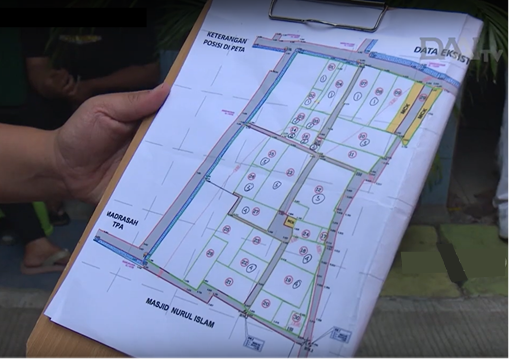
The program implements Konsolidasi Tanah Vertikal (KTV) or Vertical Land Consolidation, a strategy outlined in Regulation Number 12 of 2019 by the Ministry of Agrarian and Spatial Planning (ATR/BPN). KTV involves reorganizing land use and space to enhance environmental quality, provide public spaces, and preserve natural resources while fostering active community engagement.
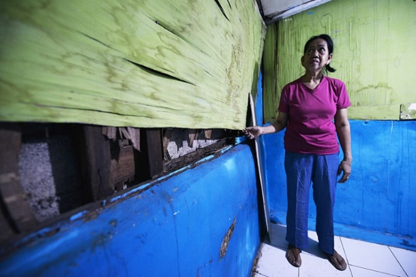
KTV is particularly suited for densely populated slum areas as it allows for redevelopment without displacing residents. Given the dire conditions in RW 008 Palmerah, KTV was deemed an appropriate solution. The program aims to create organized, habitable homes whilst incorporating commercial spaces to stimulate the local economy. Beyond improved housing, the program also provides residents with legal ownership certificates for their new flats, ensuring long-term security and stability.
The preparation stage carried out in August 2023 revealed that 19 of the 30 homes in RW 008 Palmerah were in poor or critical condition, despite residents holding legal ownership documents. These families were living below the poverty line, with monthly incomes less than 3 million IDR.
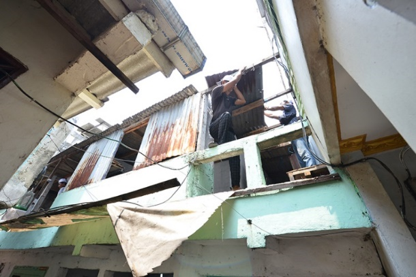
The Bebenah Kampung program is a collaborative effort involving the Jakarta Provincial Government, the Ministry of Agrarian and Spatial Planning (ATR/BPN), and the Buddhist Tzu Chi Indonesia Foundation. The provincial government oversaw the planning, administration, and social services, while ATR/BPN handled land legality. Tzu Chi led the construction and demolition phases. Residents were temporarily housed in Tzu Chi’s Cinta Kasih flats in Cengkareng during construction and were offered opportunities to participate in the construction of the building to received pays. Completed in early July 2024, three months ahead of schedule, the new vertical housing replaced the dilapidated homes.
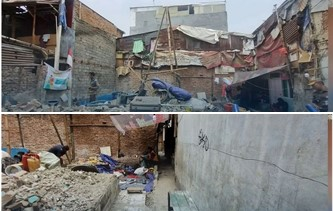
Tzu Chi constructed a four-story building on a 90 sqm plot, providing nine 18-sqm residential units. The ground floor is designated for commercial use and a children’s play area. Residential units are located from the second to the fourth floors. Each unit includes a living room, kitchen, bedroom, and bathroom. cooking utensils, tableware, and even fire extinguishers were also provided. Residents will also receive monthly health and social support. The property is legally secured with a Building Use Rights Certificate, a Usage Rights Certificate, and individual Ownership Certificates for each unit. Named Rumah Barokah Palmerah, this is Indonesia’s first low-rise vertical housing project of its kind.
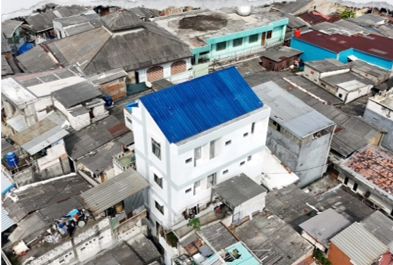
Following the success in Palmerah, the Bebenah Kampung program will be expanded to Tanah Tinggi, Manggarai Selatan, Pulo Gebang, and other sub-districts facing similar challenges across the five administrative cities of Jakarta. The Jakarta Provincial Government invites other private organizations and foundations to join the initiative. The involvement of property development companies through Corporate Social Responsibility (CSR) is highly anticipated by the government to accelerate the creation of more vertical housing projects in Jakarta’s slum areas. This collaborative approach is a significant step towards realizing Jakarta’s big aspiration to create clean, comfortable, and healthy communities.
